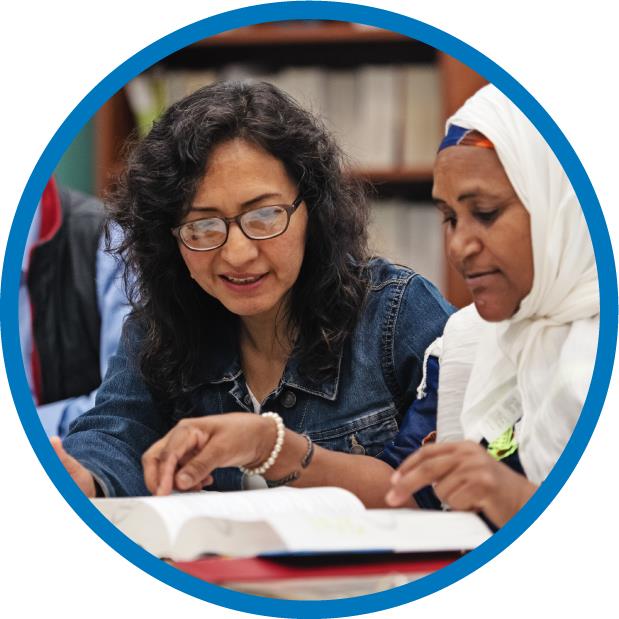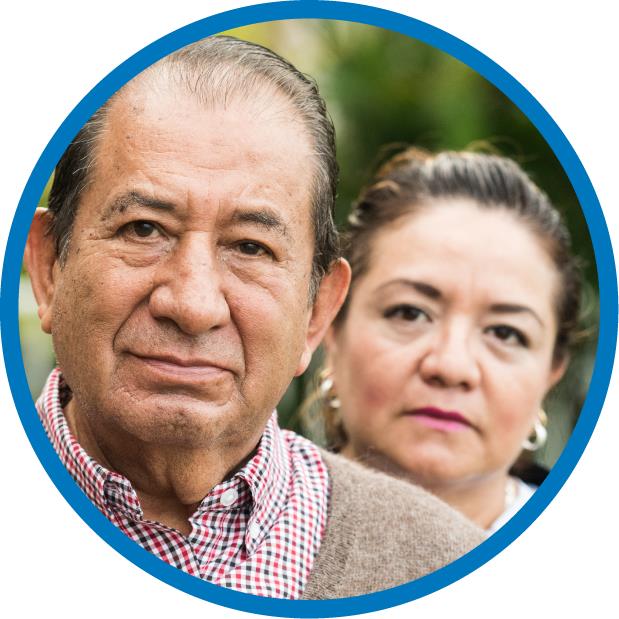If you are a migrant and would like to work in Australia, these tips can help you find a job.
On this page:
Make sure you have the right visa to work
Visa Entitlement Verification Online (VEVO) tells you the details of your current visa.
Where can I find a job?

You can find jobs online on job search websites:
- Seek, Indeed and Jora are popular websites where employers list jobs
- Jobs Hub has information about entry level jobs
- LinkedIn can help you connect with employers and show your work skills.
You can also ask people in your community about any jobs that are available.
Some employers hire people who go to their business directly, either online or in person. You can write a list of local businesses you would like to work for and contact them to show your interest and ask about any vacancies.
How can I find the right job?
If you would like information on which careers fit your skills and experience, visit the Your Career website.
When looking for work:
- Look locally. You can check your local council, state or territory websites, and speak to people in your community or local businesses.
- Develop your English language skills. You may be eligible for a free government program, Skills for Education and Employment (SEE) - check your eligibility.
- Consider volunteering to get local work experience, connections and referees. You can start looking for volunteer roles at Volunteering Australia and Volunteering Opportunities in Australia at GoVolunteer.
Improve your job applications
For help writing a resume and cover letter or preparing for a job interview, visit Improve your job applications. You can start with one of the resume templates provided on the Write a resume page.
You do not need to include much personal information in your resume, only your name and contact information. Make sure to match your resume to the job. You can make changes to your resume and focus on skills and experience that directly relates to the position.
In your resume and at the interview, employers expect you to talk about yourself and promote your skills and personal qualities for the job. It is okay to speak highly about yourself and to ask questions.
Where can I find jobs in regional Australia?
Regional jobs are in communities outside major city centres.
There may be more job vacancies in regional and remote areas because of the location and less people than found in major cities. Before looking for a job in a regional or remote area, it is important to consider whether you will have access to the services you need.
Some local governments and councils have their own employment support programs to help you find work and relocate if you are interested in moving to regional Australia.

Workforce Australia employment services
Workforce Australia is an Australian Government employment service. Workforce Australia has a range of services available to help all Australians, not just people on income support, to find, keep, change jobs or create their own job.
- Search for a job – job search tool
- Coaching and support – advice on searching for jobs with visa sponsorship, starting a business and more
- Free online learning modules to help you learn the basics of job searching, write your application and get work experience.
What are my rights at work?

Once you start work, make sure you understand your rights and obligations, including pay and wages, and protection from discrimination. Learn more about Visa holders and migrants at the Fair Work Ombudsman website.
Some employers could also ask you to do an unpaid trial to see if you are the right fit for their business. Make sure your trial is directly supervised by another worker and is being done to check you have the right skills. You can read more about unpaid trials at the Fair Work Ombudsman website.
For more information and help in your language, visit the Fair Work Ombudsman website.
In Australia, there are minimum amounts employers must pay their employees to comply with the law. There are also different minimum rates of pay for some industries. Visit the Fair Work Ombudsman website.
More information and resources
The state and territory governments are found in Victoria, New South Wales, South Australia, Queensland, Western Australia, Tasmania, Northern Territory and Australian Capital Territory.
Local government areas or council areas look after matters close to your home and provide many community services. They often provide services for migrants and jobseekers as well. To find out which local government area you live in, visit Council Maps & Boundaries at the Australian Local Government Association (alga.com.au) website.
Search your local government area to see what jobs or other opportunities are available.
You can also find information from non-government organisations in Australia.
Community Corporate promotes cultural inclusion across Australia through recruitment, training, volunteering and community engagement.
SSI connects individuals, families and children from diverse backgrounds with opportunities – from settlement support to disability programs, community engagement initiatives and training and employment pathways.
Personal information
While looking for work, you may come across scams which ask you to pay money in return for a job. You can watch out for these scams by:
- Being alert when receiving unsolicited job offers from people you do not know
- Not providing your personal information to people you do not know
- Being alert when offered a job but you have not attended an interview or met the employer
- Receiving emails with grammar and spelling mistakes.
You are unlikely to receive genuine contact from Australian employers through social messaging apps like WhatsApp, Telegram or Instagram.

The Australian Government’s ScamWatch website provides information about how to protect yourself from jobs and employment scams.
